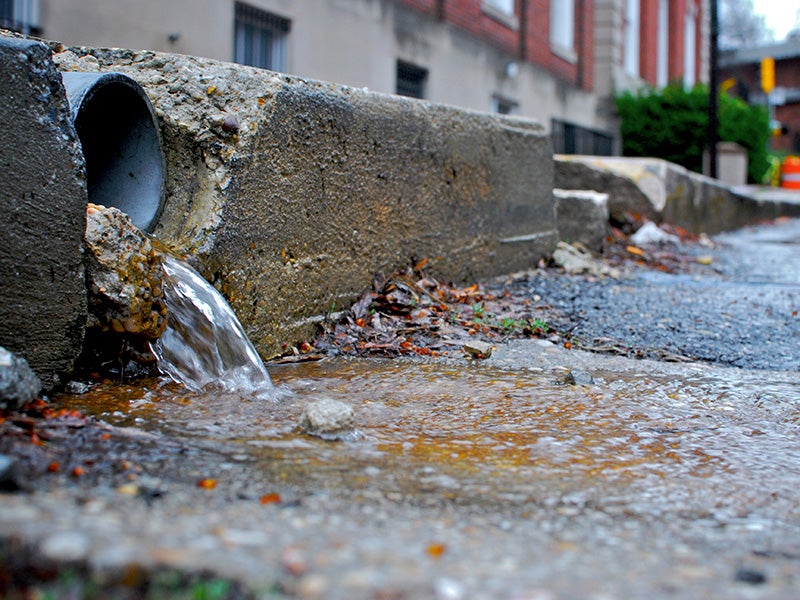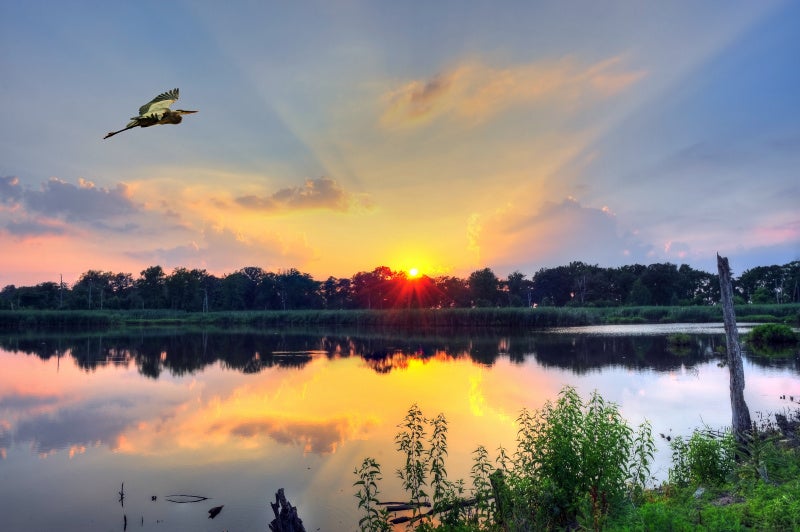Challenging Maryland Stormwater Permits
In the D.C. and Baltimore regions, urban stormwater runoff is documented as the number one source of contaminants polluting rivers, creeks and streams, many of which ultimately flow into the Chesapeake Bay.
Clients
Attorneys
Regional Office / Program
Case Overview
A coalition of environmental and local watershed advocates have legally challenged the Maryland Department of the Environment to improve the permits that govern urban storm sewer systems.
In the D.C. and Baltimore regions, urban stormwater runoff is documented as the number one source of contaminants polluting rivers, creeks and streams, many of which ultimately flow into the Chesapeake Bay. MDE is the department authorized to oversee Maryland’s program to reduce pollution from this runoff. The coalition asserts that MDE is issuing permits that are unenforceable and ineffective. Their challenge rests on four main arguments:
- MDE’s refusal to impose enforceable limits in the permits,
- Lack of public participation process in setting deadlines and limits,
- Inadequate monitoring and absence of compliance timetables; and
- Inadequate requirements for the elimination of non-stormwater pollution discharges.
Supported by Earthjustice, a non-profit public interest environmental law firm, the petitioners are groups who work to protect and conserve waterways that flow throughout Maryland, including: Anacostia Riverkeeper, Anacostia Watershed Society, Blue Water Baltimore/Baltimore Harbor Waterkeeper, Gunpowder Riverkeeper, Mattawoman Watershed Society, Natural Resources Defense Council (NRDC), Patuxent Riverkeeper, Potomac Riverkeeper, Sierra Club and Waterkeepers Chesapeake.

Case Updates
Case page created on September 8, 2014.

